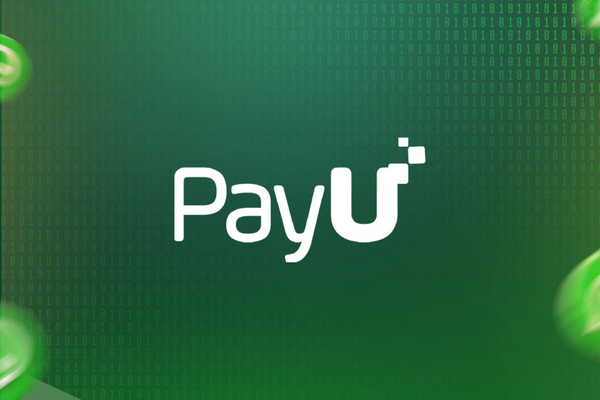Payment aggregators Two fintech startups recently received the final licence from the Reserve Bank of India (RBI) to operate as payment aggregators.
About Payment Aggregator (PA):
- Payment aggregator is a financial technology company that enables businesses to accept various payment methods, including debit cards, credit cards, UPI, and bank transfers.
- They act as intermediaries between merchants and financial institutions.
- PAs are incorporated under the Companies Act, either 1956 or 2013.
Authorization and Regulation
- Non-bank payment aggregators must obtain authorization from the RBI under the Payment and Settlement Systems Act, 2007.
Types of Payment Aggregators in India
- Third-party payment aggregators: Independent companies that offer a wide range of payment options through partnerships with multiple payment providers.
- Bank payment aggregators: Owned and operated by banks, offering a more limited range of payment options but potentially higher security and reliability.
Features and Functions
- Payment aggregators assist businesses in setting up sub-merchant accounts, which are essential for processing transactions.
Operational Process
- To accept payments, businesses first create an account with a PA, which then provides them with merchant accounts.
- At the checkout page, customers choose their preferred payment method. The acquiring bank receives the transaction details, and the card company conducts a fraud check.
- After approval, the issuer sends funds to the acquiring bank, which then transfers them to the merchant’s account.
Security and Efficiency
- Payment aggregators prioritize security measures to prevent fraud and protect customer data.
- The onboarding process for merchants is streamlined to be efficient, often completed within a few days.
Ref: Source
| UPSC IAS Preparation Resources | |
| Current Affairs Analysis | Topperspedia |
| GS Shots | Simply Explained |
| Daily Flash Cards | Daily Quiz |



